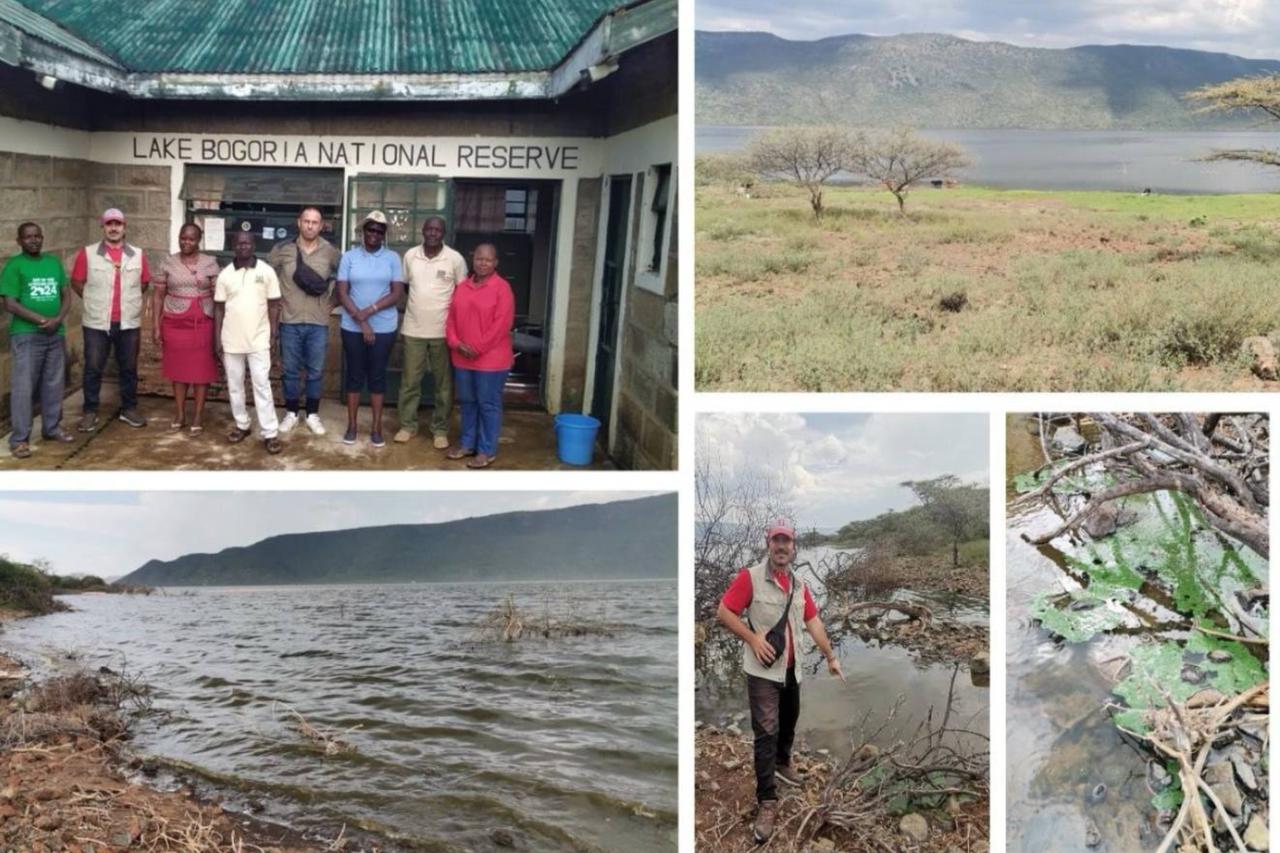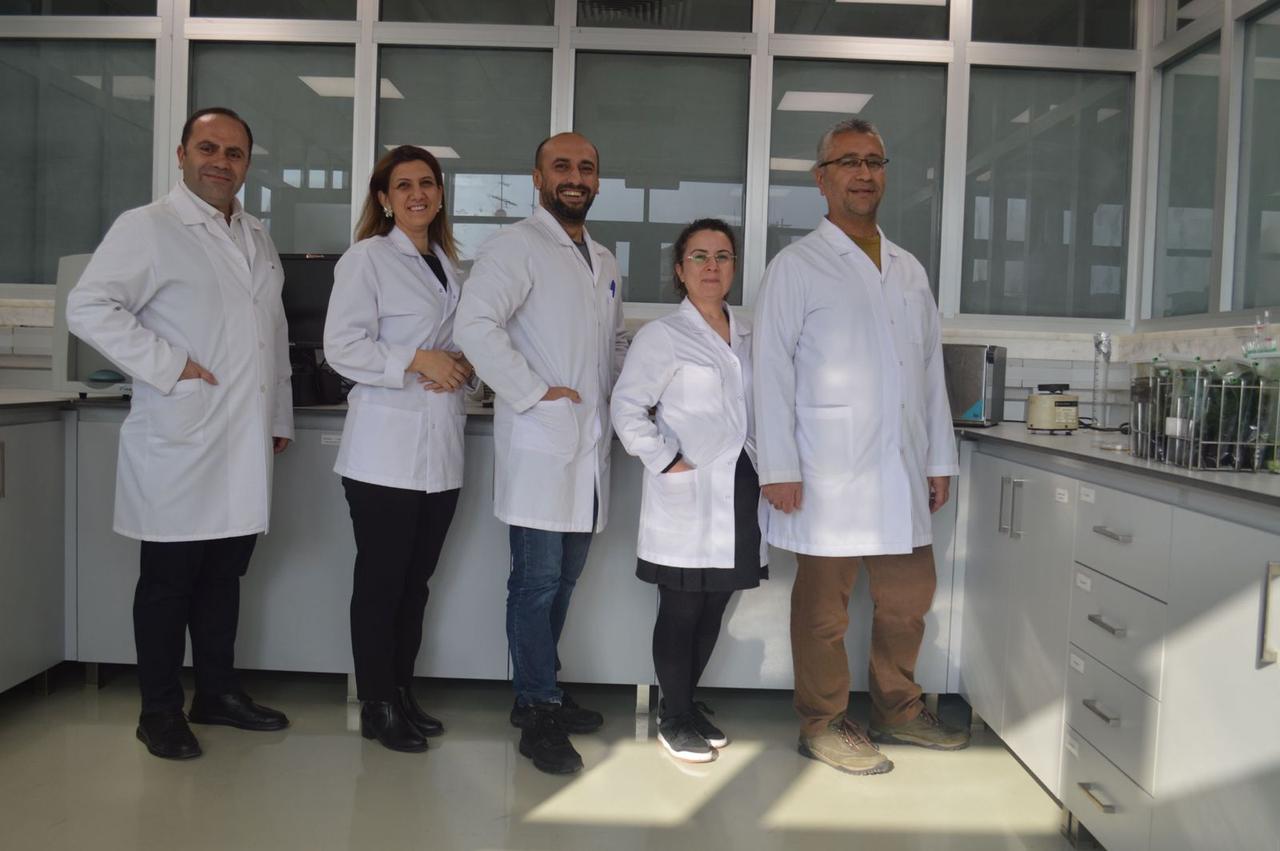
Two Turkish scientists—food engineer Redife Aslihan Ucar and molecular biologist Seyit Yuzuak—are at the forefront of a European Union-funded effort to combat hunger in Africa. According to T24, the duo first met in the United States during their graduate studies at North Carolina State University and later reunited under the INNOECOFOOD project, an ambitious international partnership focused on sustainable food systems.
Backed by the EU’s Horizon research programme and coordinated by Portugal, the project supports the development of edible insect, fish, and spirulina (a nutrient-rich blue-green algae) farms. These operations, called ECOHUB farms, are designed to produce protein-rich foods through eco-innovative technologies.
The project involves partners from three European and six African nations—Kenya, Uganda, Ghana, Namibia, Tanzania, and Egypt. Representing Türkiye are the Denizli Governor’s Office and Burdur Mehmet Akif Ersoy University (MAKU), located in the country’s water-rich western region.
According to the U.N., around 733 million people across Africa faced hunger in 2023, meaning roughly one in five Africans struggled with food insecurity. The Turkish team hopes to turn this around by helping local communities independently run high-tech farms powered by renewable energy and artificial intelligence, with integrated waste recycling systems.
The INNOECOFOOD project is divided into three core work packages, with each country responsible for a specific task. Türkiye is leading the development of spirulina farms. Yuzuak and his research team are collecting water samples across Africa to identify the most productive algae strains for cultivation in ECOHUB pools.
Spirulina samples are analyzed in Turkish university labs, and once optimized, they are sent back to Africa for local production. These algae not only serve as a vital protein source but also offer solutions where traditional agriculture is limited.

Meanwhile, Ucar and her team ensure that the final food products meet EU and international food safety standards. “The knowledge we gain here will benefit future food sustainability projects in Türkiye as well,” she noted.
Postdoctoral researcher Yigit Kucukcobanoglu called spirulina “a crucial resource for regions with limited access to food,” while master’s student Buse Dogan said contributing to a project fighting hunger in Africa was deeply meaningful. Chemical technician Ramazan Aydogmus of the Denizli Governor’s Office described his involvement as “an honor.”
With a total project budget of €7 million ($7.9 million), Türkiye’s share stands at €500,000. The EU Delegation to Türkiye’s head, Ambassador Thomas Ossowski, highlighted the project as a strong example of international solidarity. “Initiatives like INNOECOFOOD don’t just address local challenges—they inspire global solutions,” he said.
INNOECOFOOD aligns with the EU’s “Farm to Fork” strategy, part of the European Green Deal, which aims to shift food systems toward fair, healthy, and environmentally sustainable models. By promoting alternative proteins like spirulina, fish, and insects, the project seeks to make long-term impacts on food availability and rural livelihoods across Africa.